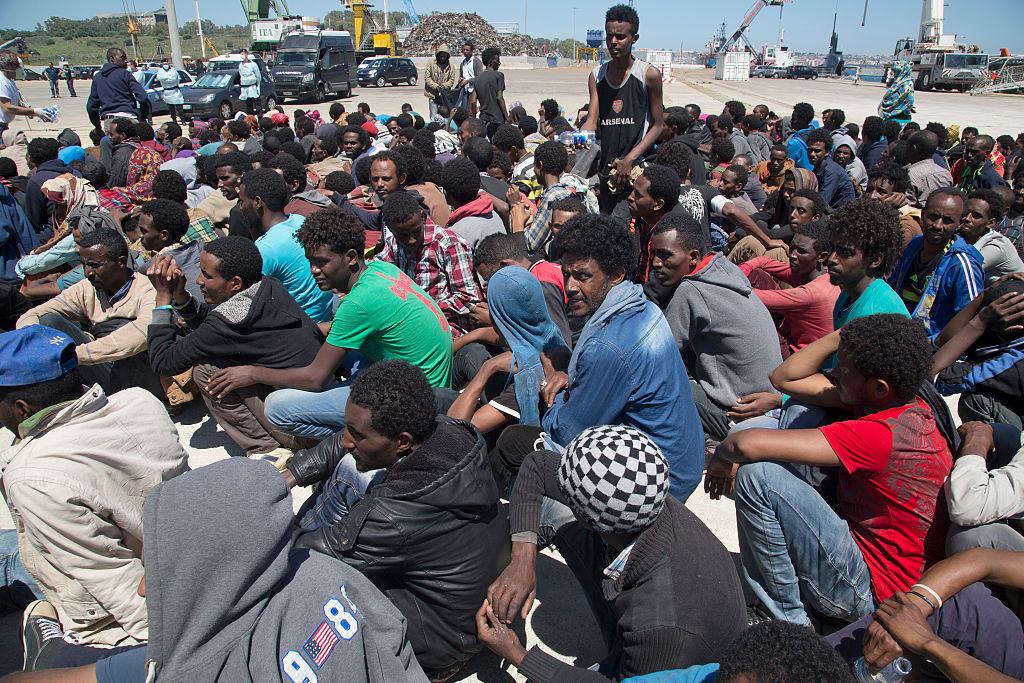The Union Database for Biofuels (UDB), which came into effect on November 21, is part of the Clean Energy for All Europeans package of the Renewable Energy Directive (RED). But while the concept is sound, the UDB is not really ready, and there is a very real prospect it will damage trade.
The general goal is to improve the traceability of gas and liquid fuels in the transport sector, aiming to avoid double counting and mitigate the risks of irregularities or fraud. However, 16 Member States and third countries, like the US, have expressed serious concerns.
The liquid and gas fuels sectors are inherently complex and already highly regulated. The process involves multiple stages, from producers and refiners to pipelines, traders, and verification bodies at local and national levels. The commission’s reluctance to engage adequately with industry stakeholders has exacerbated the situation, leading to several unresolved issues.
In mid-October, the EU Directorate-General for Energy (DGE) received a letter from 16 member states about the UDB’s readiness and its development strategy for biofuels and biogas. The letter warned of potential market distortions and operational challenges that will affect the EU’s renewable energy targets.
The letter to the DGE was signed by representatives from Austria, Belgium, Croatia, Czech Republic, Estonia, France, Finland, Germany, Italy, Lithuania, Latvia, Netherlands, Portugal, Romania, Slovenia and Spain.
Although the member states support the UDB’s rationale, they believe key issues need to be resolved before it can be made mandatory.
To begin with, there are legal and procedural concerns regarding traceability requirements for biofuel and biogas feedstock, which could overwhelm the system and lead to legal conflicts.
Then there is the extensive data handling which is sure to harm the competitiveness of smaller companies, especially in global markets such as biogas.
The lack of connection and integration of national databases to and with the UDB is also expected to cause problems. Not only will national legislations need to be redrafted and existing practices revised, but double counting is sure to occur, undermining RED as a whole.
Such details may sound like technicalities, but they are not. On the contrary, they are the heart of the problem. In order to resolve an issue, the EU is once again resorting to exhaustive bureaucratic tactics, making every affected party’s life difficult.
To tackle challenges, the 16 member states recommend a phased approach to the UDB’s implementation. This would involve launching an initial version that only registers final biofuel deliveries, setting up a working group of experts to address database linkages and implementing transitional periods for both biofuels and biogas.
But problems are not restricted within the EU. The commission has sought to exclude third countries from accessing the European grid, creating a non-tariff trade barrier. For instance, while work is underway to connect Ukraine, no progress has been made with the United Kingdom, where post-Brexit bureaucratic issues prevent even the arrangement of official meetings.
Issues also occur with regard to the USA. The US Ambassador to the EU recently wrote to the European Commissioner for Energy, Kadri Simpson, urging meaningful dialogue on this issue, but no resolution has yet materialised.
North America has a highly regulated and efficient mass balance grid system, which EU officials appear to misunderstand. Whether the commission’s actions are protectionist in essence is unclear. What is certain is that the new US administration is likely to be extremely hawkish on trade issues, so starting a trade war with the US may be an unwise thing to do.
Issues need to be addressed promptly for yet another reason. While the UDB currently applies to biofuels, it will later extend to hydrogen and other renewable fuels, so the general mess will impact sectors such as LNG in the future.
The Brussels establishment must decide, whether its mission is to make our lives easier and enhance our economic freedom, or if its raison d’etre is to keep producing perplexed rules and regulations fuelling frustration, so as to keep itself busy and justify its cost.





Paradox: how can Jews support an ideology which threatens their existence?